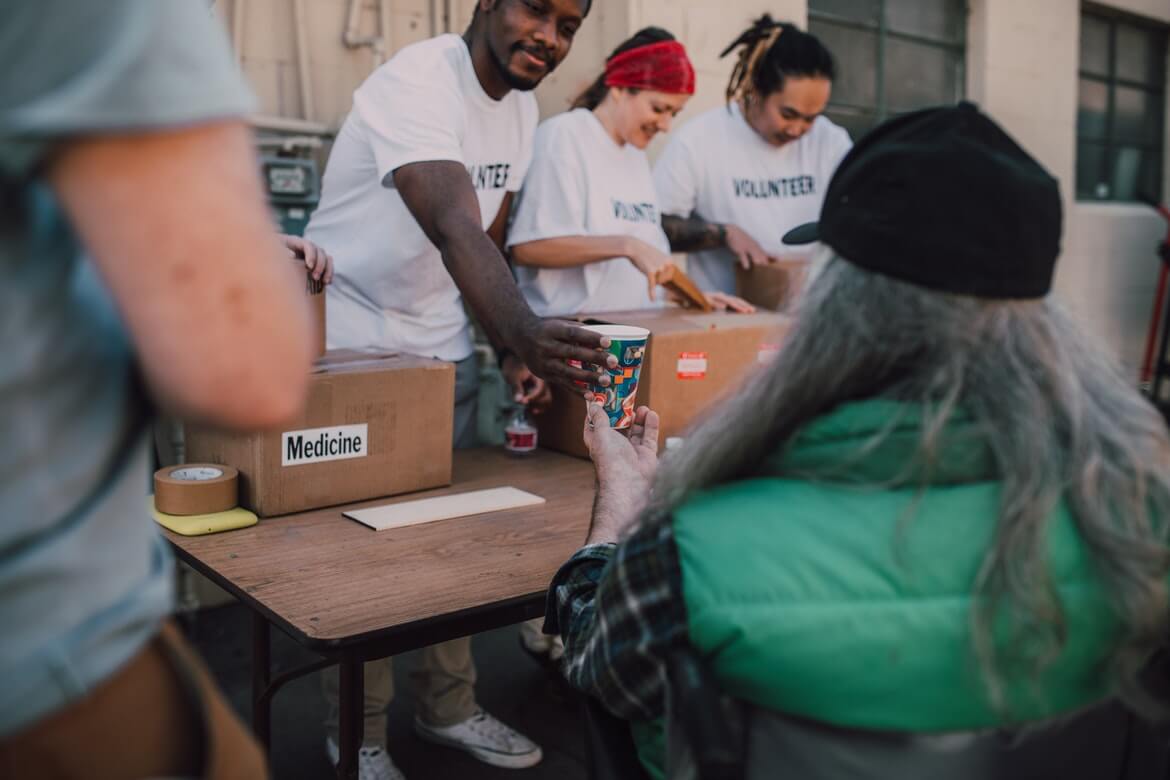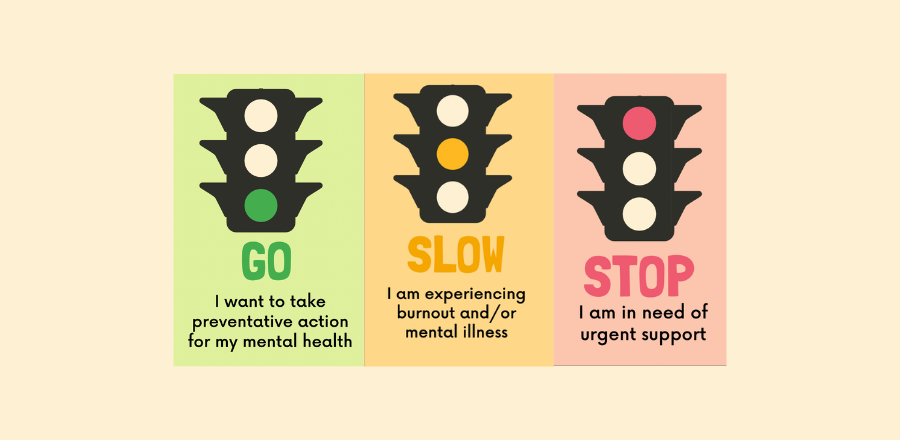Welcome to our June 2024 edition! This month, we delve into the critical topic of trauma and self-care, exploring how we can nurture healing and build resilience. Trauma, in its various forms, can have profound impacts on our mental, emotional, and physical well-being. Whether stemming from a single event or prolonged exposure to stress, understanding trauma and embracing effective self-care strategies are essential steps toward recovery.

- When you’re uncertain about supporting others and feeling weary or overwhelmed, evaluating your energy levels is crucial.
- Practice self-care using the traffic light system: recognise when to stop at red, pause at amber, and proceed at green.
Trauma and Self-Care Traffic Lights
Navigating trauma and self-care can be challenging. Using the traffic light system, we can identify how we are doing and what actions to take. Here’s a guide to help you assess your well-being and choose appropriate self-care strategies.
Red Light: Stop and Seek Immediate Help
Signs You’re in the Red Light Zone:
- Overwhelming feelings of hopelessness or despair.
- Inability to function in daily life.
- Thoughts of self-harm or suicide.
- Severe anxiety or panic attacks.
- Flashbacks or intrusive memories that disrupt daily activities.
Yellow/Amber Light: Slow Down and Evaluate
Signs You’re in the Yellow Light Zone:
- Persistent sadness or irritability.
- Difficulty sleeping or frequent nightmares.
- Feeling detached or numb.
- Avoiding places or activities that remind you of the trauma.
- Struggling to concentrate or make decisions.
Green Light: Go Ahead with Self-Care
Signs You’re in the Green Light Zone:
- Feeling generally stable and able to manage emotions.
- Engaging in daily activities and responsibilities.
- Positive interactions with others.
- Able to relax and enjoy leisure activities.
- Good sleep patterns and energy levels
Extra Advice for Every Zone:
- Make a self-care plan: Create a strategy that consists of exercises and techniques to assist your mental well-being in every zone.
- Recognise Your Triggers: Determine what sets off your trauma reactions and create coping mechanisms to deal with them.
- Keep Up Your Knowledge: Educate yourself about trauma and its repercussions to understand your experiences and reactions better.
- Be Kind to Yourself: Remember that healing is a journey and engage in self-compassion.
- You can better manage your trauma and take care of yourself if you are aware of and make use of these traffic light systems. Recall that it’s acceptable to ask for assistance and proceed cautiously. Our top priority is your own well-being.







